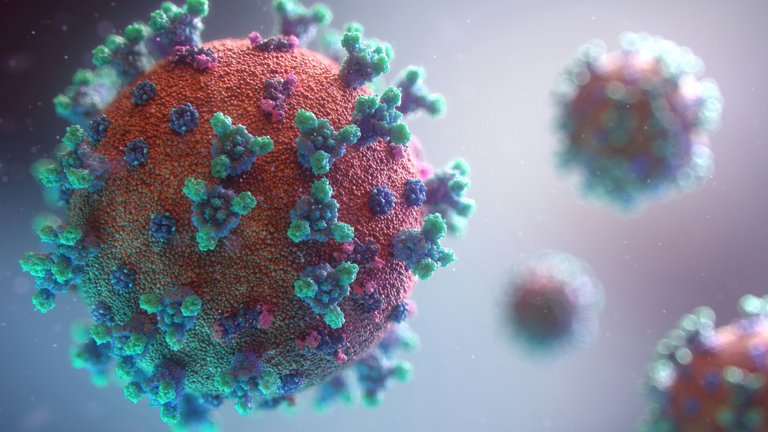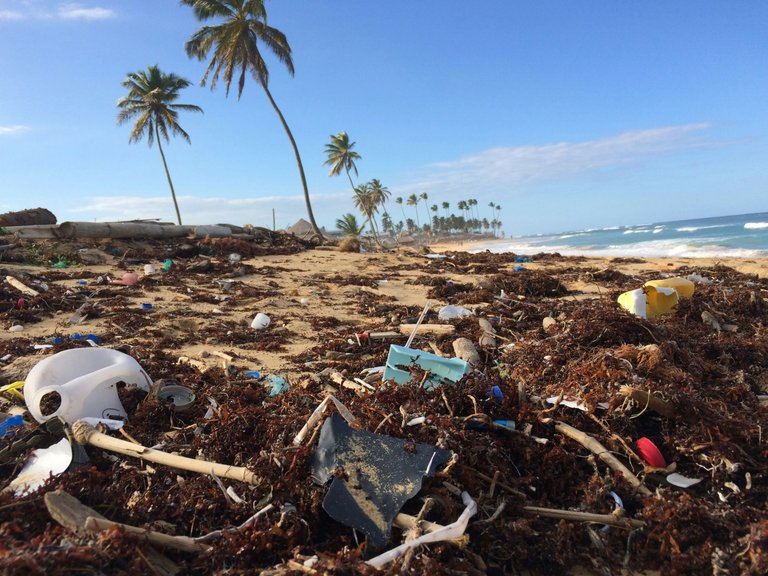
One of the unethical approaches that has gone too far in science is in the case of bioterrorism. The knowledge of science here is used as a weapon of mass destruction by a certain group of individuals who use gene manipulation to create organisms that can cause great havoc. Weapons such as guns, explosives, and nuclear weapons used in times of war to fight enemies are no longer enough.
Scientists can now deliberately manipulate genes by changing the genetic code, thereby creating organisms that are pathogenic and resistant to treatment and even vaccines. The technique initially meant for creating organisms that could cure diseases has now become a tool of mass destruction. They now use existing pathogens to create superbugs that cannot be contained, thereby posing a significant threat to public health.
The use of bioterrorism is believed to be more dangerous than the use of other weapons of war. War weapons could be used by targeting them at a particular group of people on the battlefield. In most cases, unlike bioterrorism, all genders, age groups, enemies, and non-enemies alike are susceptible to the lethal effects of these biological agents.
One of the most famous cases of bioterrorism in history happened in 2001 in the United States, known as Amerithrax (American anthrax), where anthrax spores were used as part of terrorist attacks. Letters containing these anthrax spores were sent to different government offices, which led to the deaths of some and the infection of others.
Anthrax is a deadly bacterium found in domestic or wild animals but can be transmitted to humans via ingestion or inhalation of the anthrax spores. The use of these biological agents as a bioweapon sent shockwaves through the nation and the world. The anthrax attacks only gave a tip of the iceberg on how bioterrorism can be executed with ease. No sniper or trained military personnel are required to carry out attacks.
The unethical use of gene manipulation to create organisms of mass destruction poses a serious threat to global security and requires swift action to address it and safeguard the future of humanity.

In regards to bioremediation, I feel more work needs to be done by scientists to develop ways to combat the constant increase of non biodegradable waste materials such as polythene, plastics, synthetic chemicals, and metals in the environment. According to research, millions of tonnes of plastic waste end up in water bodies each year.
The continuous proliferation of these non-biodegradable waste materials poses a great threat to the whole ecosystem and human health as they accumulate in water bodies, affecting the aquatic habitat and leading to the death of most marine animals when ingested. And in return, it affects human health through the consumption of sea foods.
Also, some of these non-biodegradable substances containing harmful chemicals contaminate the soil, affecting agricultural yield around those regions and also affecting the health of humans living within that area.
Though efforts have been made to reduce pollution from these non biodegradable substances through reuse and recycling, this alone is not sufficient to solve the problem. There should be a collaboration of scientists to come up with permanent solutions to the challenges caused by non-biodegradable waste. More focus and research on bioremediation should be given.
Thank you for coming to my blog🤗, please kindly leave a comment.